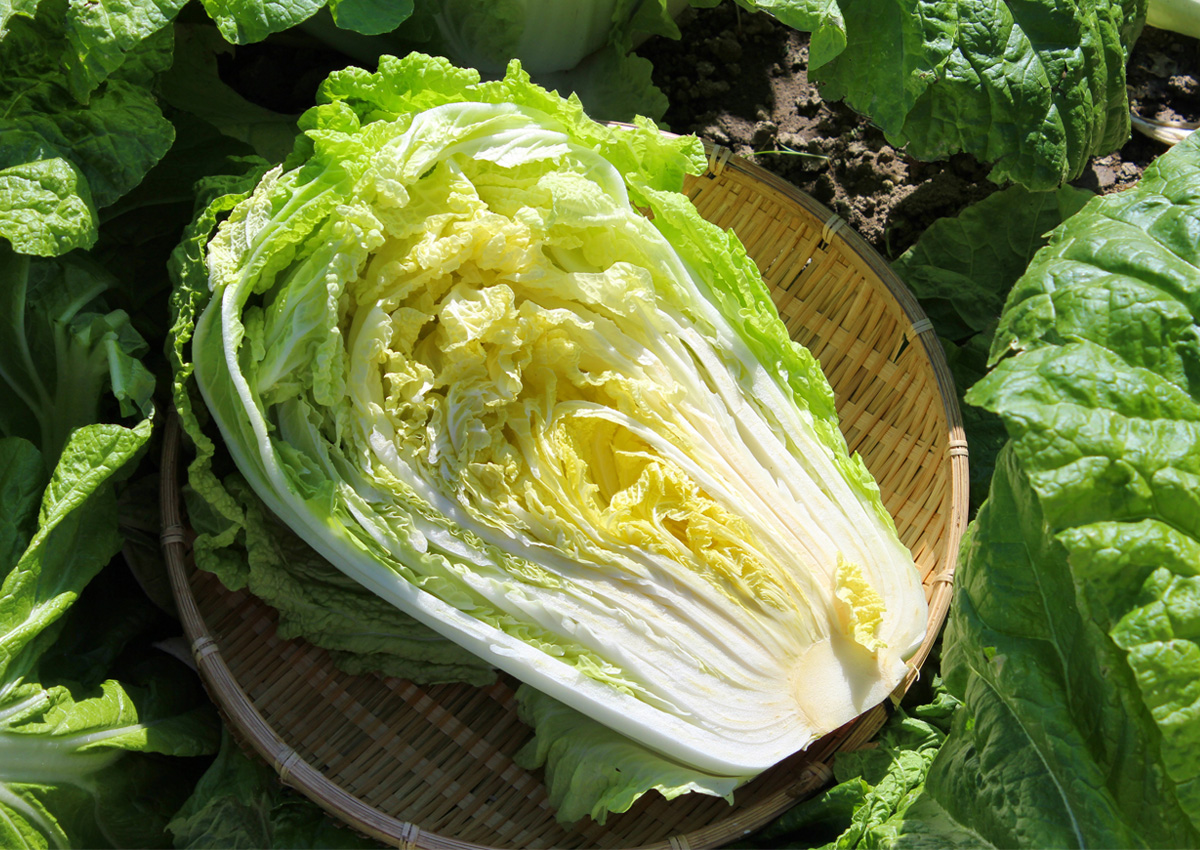
CRISPR-Cas9 Unlocks TuMV Resistance in Chinese Cabbage
November 8, 2023| |
The turnip mosaic virus (TuMV), a potyvirus, has severely threatened Chinese cabbage crops. Existing research suggests that the eukaryotic translation initiation factor (eIF) genes, such as eIF(iso)4E, play a pivotal role in TuMV resistance in Arabidopsis.
Researchers at Nanjing Agricultural University used CRISPR-Cas9 genome editing technique on the Chinese cabbage, specifically the Brassica rapa cultivar "Seoul," to develop plants that are TuMV resistant. This was accomplished by inserting the CRISPR-Cas9 constructs into the cabbage, followed by shoot culturing, root formation, and PCR analysis.
Of the plants regenerated, 86.7% showed the desired Cas9 transgenes. One of the three sgRNAs targeting three eIF(iso)4E genes showed significant editing efficiency. Deep sequencing further confirmed high gene editing efficiency in four specific T0-edited plants. In the T1 generation, new indel patterns were observed and were categorized into single, double, and mosaic patterns, and it was confirmed that the eIF(iso)4E-edited mutant plants were resistant to TuMV. When inoculated with TuMV, wild-type plants displayed clear virus symptoms within a week, while the edited plants with high indel frequency showed resistance.
For more details, read the research results in Horticulture Research.
| |
You might also like:
- Researchers Show How Fungal Pathogen Disables Plant Defense Mechanism
- Plasmid-Free Genome Editing of Cabbage and Chinese Cabbage
- CAAS Scientists Develop GE Cabbage Resistant to Diamondback Moth
Biotech Updates is a weekly newsletter of ISAAA, a not-for-profit organization. It is distributed for free to over 22,000 subscribers worldwide to inform them about the key developments in biosciences, especially in biotechnology. Your support will help us in our mission to feed the world with knowledge. You can help by donating as little as $10.
-
See more articles:
-
Plant
- CRISPR-Cas9 Unlocks TuMV Resistance in Chinese Cabbage
- Ghana is the 100th Depositor to the Svalbard Global Seed Vault
- Highly Efficient Hairy Root Transformation System Induced by Agrobacterium rhizogenes
- Researchers Engineer Enzymes to Gain Access to More Sugar in Plants
-
Animal
- Experts Tackle Development of CRISPR Honey Bees
- Pinoy Biotek Seminar: Stock Enhancement of Blue Swimming Crab
-
Health
- Simultaneous Detection of miRNAs Using Split-LAMP
- Researchers Produce Gene Editing Techniques for Treatment of Rare Genetic Disease
-
Read the latest: - Biotech Updates (January 21, 2026)
- Gene Editing Supplement (January 28, 2026)
- Gene Drive Supplement (February 22, 2023)
-
Subscribe to BU: - Share
- Tweet

